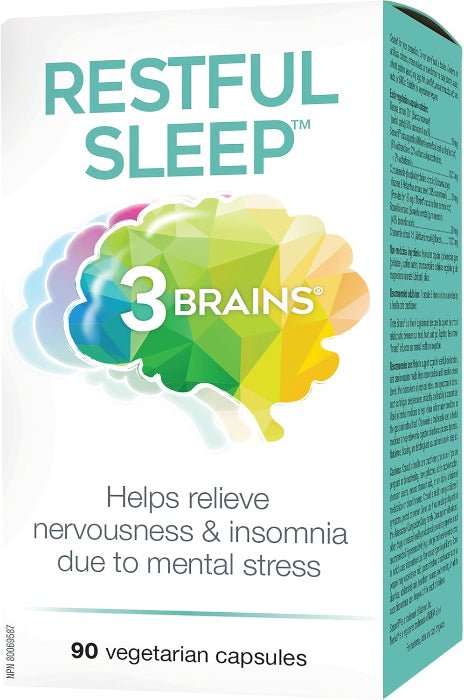How is stress affecting our bodies?
Stress can affect our bodies in a number of ways. When a person experiences stress, the body releases stress hormones such as cortisol and adrenaline. These hormones are released in our bodies to get ready for "fight or flight" status, which is a natural response to perceived external danger or threat. This response is designed to help the body respond quickly and effectively to stressors.
However, if the stress response is activated too often or for too long, such as we are in chronic stress, it can have negative effects on the body.
- Cardiovascular system: Stress can increase heart rate and blood pressure, which can put a strain on the heart and blood vessels. Over time, this can lead to an increased risk of heart disease and stroke.
- Immune system: Stress can weaken the immune system, making a person more susceptible to infections and illnesses.
- Digestive system: Stress can slow down digestion and cause stomach upset, including nausea, diarrhea, and constipation.
- Musculoskeletal system: Stress can cause muscle tension, headaches, and back pain.
- Reproductive system: Stress can affect the menstrual cycle in women and cause sexual dysfunction in men.
- Nervous system: Stress can cause fatigue, insomnia, and anxiety.
What are the stress coping techniques?
No worries, there are always different stress coping techniques for us to manage stress.
- Relaxation techniques: Techniques such as deep breathing, progressive muscle relaxation, and meditation can help relax the mind and body and reduce stress levels.
- Exercise: Regular physical activity, such as going for a walk, jog or hitting the gym, can improve mood and reduce stress levels. Exercise can help release dopamine, which is a neurotransmitter that plays a role in regulating mood and pleasure. Dopamine is often referred to as the "feel-good" hormone because it is associated with feelings of pleasure, reward, and motivation.
- Goas & tasks: Setting clear goals and prioritizing tasks can help reduce stress by allowing you to focus on what's important and manage your time more effectively.
- Social support: Talking with friends and family or joining a support group can provide emotional support and help you feel less alone in dealing with stress.
- Mindfulness: Mindfulness practices can help you focus on the present moment and improve your ability to cope with stress.
- Counseling or therapy: A mental health professional can help you understand and work through the underlying causes of stress, as well as develop coping strategies.
- Humor and laughter: Humor and laughter can be a great way to reduce stress and improve mood.
- Positive thinking: Reframing negative thoughts into a positive perspective can help reduce stress and improve mental well-being.
- Supplements: there are a couple of supplements that help with normalizing cortisol levels, that helps with stress sensation, as well as cognitive support.
It's important to note that what works for one person may not work for another, so it's important to experiment with different techniques to find what works best for you. It's also worth noting that a combination of techniques, or a holistic approach, may be more effective than relying on one single technique.
It's important to note that stress can also have positive effects in the short term, such as increased focus and productivity. However, chronic stress can lead to negative effects on both physical and mental health, if not well managed.
In the next article, we'll talk about the top 10 adaptogenic supplements/herbs that are commonly used.










